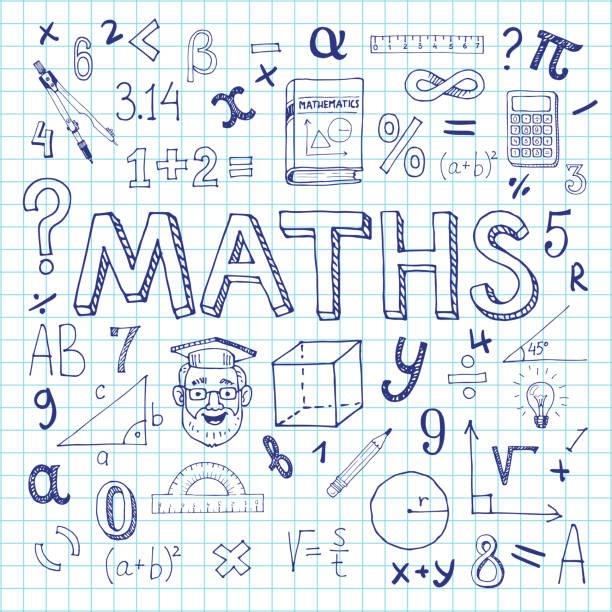Mathematics Grade 8 Exponents Questions and Answers for Revision:
List of Mathematics Grade 8 Exponents Questions and Answers for Revision
Find a list of Mathematics Grade 8 Exponents Questions and Answers for Revision in pdf format:
- What is an exponent? A: An exponent is a symbol that represents the number of times a number (the base) is being multiplied by itself. For example, 2^3 means 2 multiplied by itself 3 times (2 x 2 x 2).
- What is the difference between an exponent and a power? A: The terms “exponent” and “power” are often used interchangeably to refer to the same concept. An exponent is a notation used to represent a power, and a power refers to the number of times a base is being multiplied by itself.
- What is the value of 2^3? A: 2^3 = 2 x 2 x 2 = 8
- How do you calculate the value of a number raised to a negative exponent? A: To calculate the value of a number raised to a negative exponent, you need to find the reciprocal of the positive exponent and then simplify. For example, (1/2)^-3 = 1/(2^3) = 1/8.
- How do you simplify an exponential expression with the same base? A: To simplify an exponential expression with the same base, you multiply the exponents. For example, 2^3 x 2^4 = 2^(3+4) = 2^7.
- What is the difference between exponential notation and scientific notation? A: Exponential notation is a way of expressing a number by multiplying a base by itself a certain number of times, as in 2^3. Scientific notation is a way of expressing a number as a power of 10, as in 1.23 x 10^3.
- What is a square root? A: A square root is a number that, when multiplied by itself, gives the original number. For example, the square root of 9 is 3, because 3 x 3 = 9.
- What is the difference between a perfect square and a non-perfect square? A: A perfect square is a number that can be expressed as the square of a whole number. For example, 9 is a perfect square because it can be expressed as 3^2. A non-perfect square is a number that cannot be expressed as the square of a whole number.


